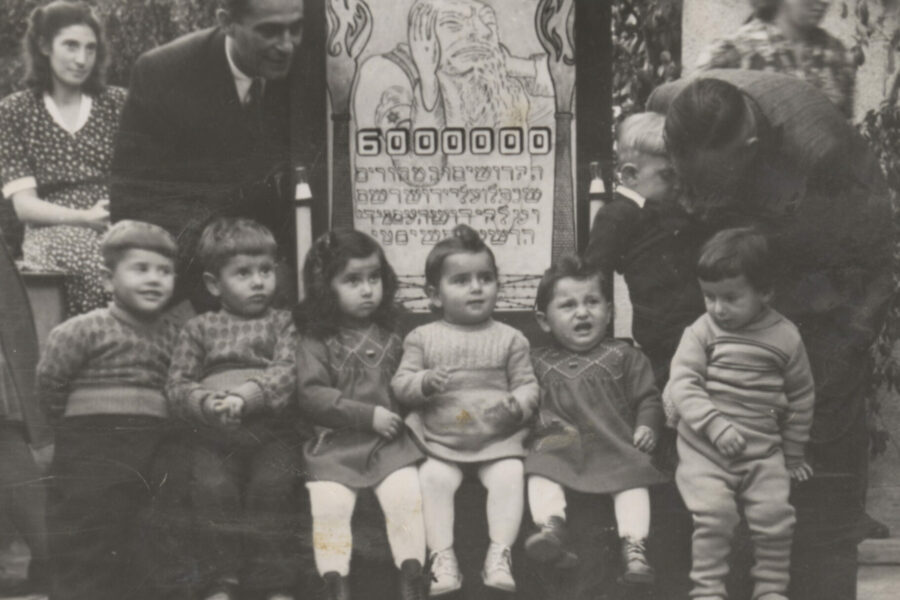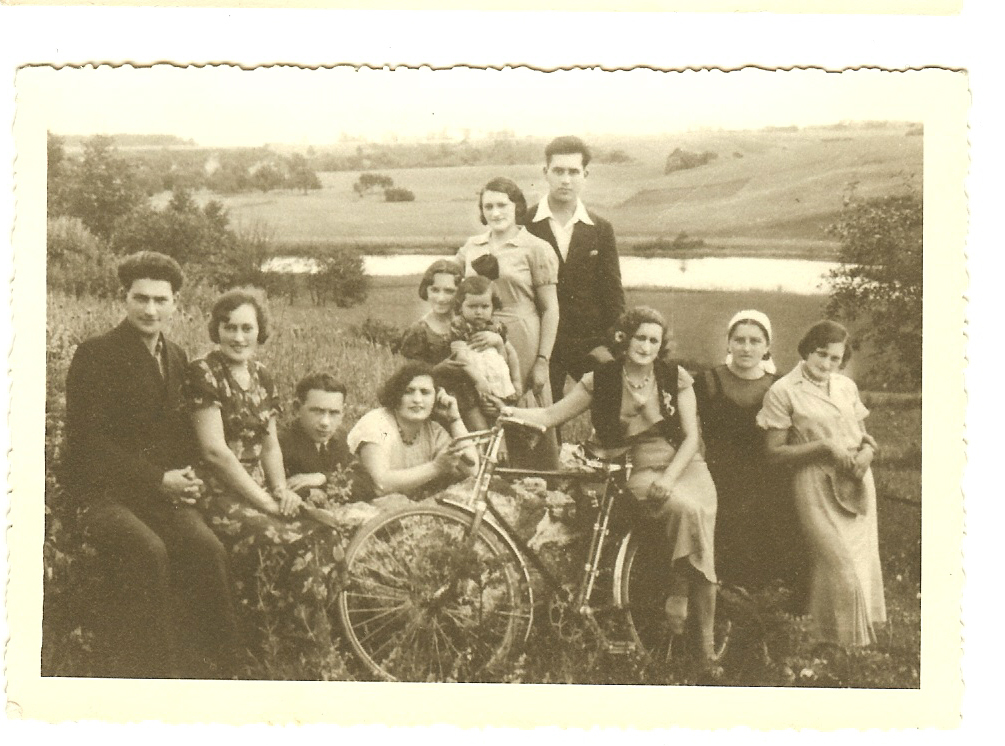Donor Bio: Pola (Paula) Feinberg Mishell was born in Siauliai, Lithuania in 1926. She attended a Jewish school and studied in Hebrew until the Russians occupied her town in 1940. On June 22, 1941, war broke out between Russia and Germany. Within one week of the invasion, the Germans took over Siauliai. Pola, her mother, grandmother, two aunts, a cousin, and her brother went to live in the ghetto. In the fall of 1943, the ghetto was changed into a concentration camp. In the summer of 1944, as the Russians approached, the Germans decided to evacuate the concentration camps. On July 19, 1944, the occupants of the camp were forced to walk six kilometers without food or water and under heavy guard to Pavench. From there they were taken by train to Stutthof in Germany. When they arrived in Stutthof, the family was separated. While being separated, her brother threw two photos he had hidden in his boots over the barbed wire to Pola. She managed to save the photos throughout the rest of the war. In January 1945, Pola began the last march from the camp. On the march, many people from the camp were shot in the back by German soldiers and guards. At some point during the march Pola stopped seeing Germans and started to see more Russians. After the Germans abandoned the march, Pola and her family came to an empty house where Pola’s mother, two aunts, and cousin became sick with typhoid. Nurses came with trucks and took them to a ‘hospital’ to be treated where they slept on the floor. Shortly after liberation, the family found out that all the men in their family had died. They went to Lithuania for a very short time before going to Germany to wait for visas to the U.S. They immigrated to New York where Pola went to school while her mother went to live with family in Harrisburg, PA. Her mother remarried and moved to Chicago in 1948. Pola got married to her husband, Vula, and moved to Milwaukee. In 1961, Pola and her family moved to Skokie where she became active in the Jewish Lithuanian Club.






